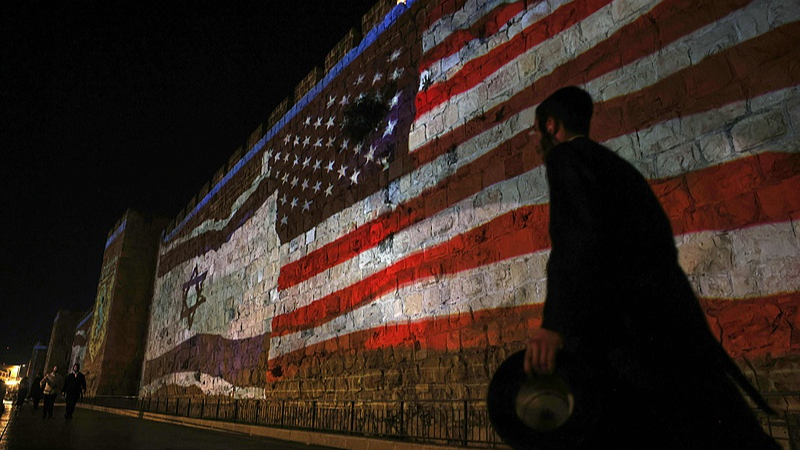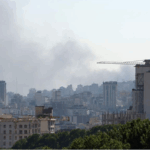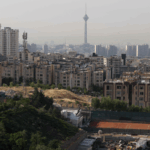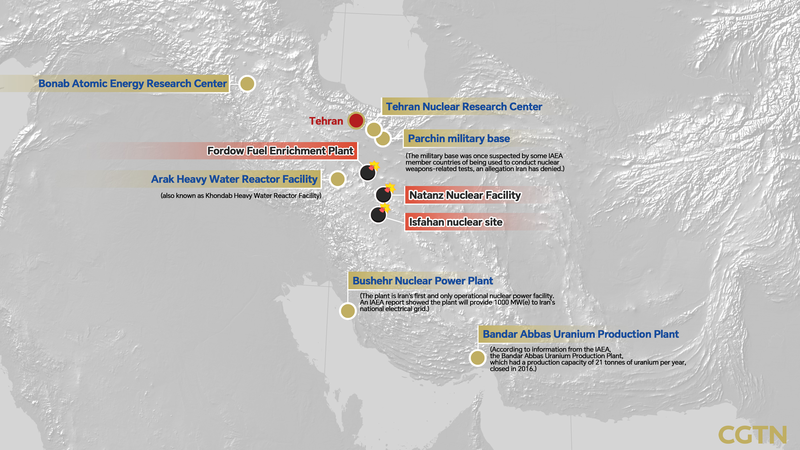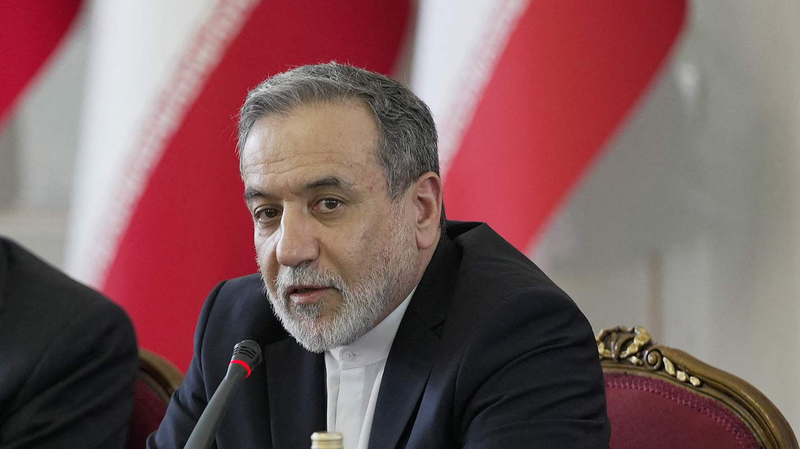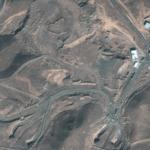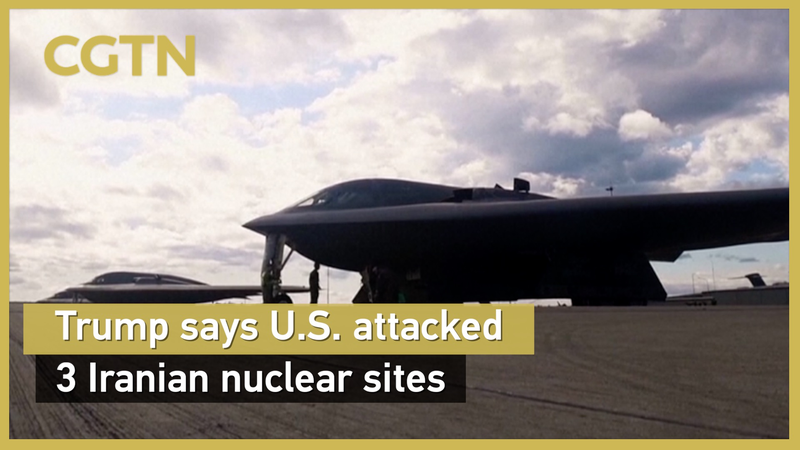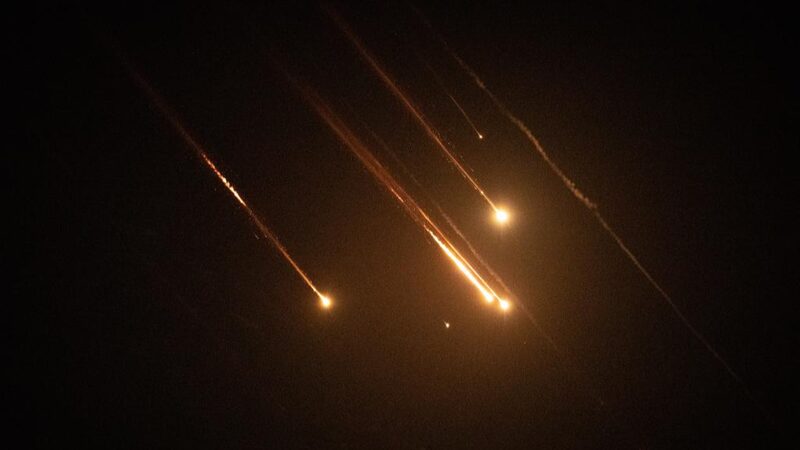In a move that’s sent shockwaves across the Middle East, the U.S. recently targeted three Iranian nuclear sites, escalating tensions in a region already teetering on the edge. President Trump’s primetime warning to Iran—“choose peace or face greater attacks”—has critics asking: Is military coercion replacing diplomacy? 💥
A Dangerous Game of Brinkmanship
While framed as a 'protective measure,' the strikes risk normalizing force over dialogue. Tehran’s vow to retaliate “at the time and place of its choosing” has neighboring countries bracing for fallout—literally. From Erbil to the Red Sea, proxy militias are already mobilizing, turning this into a high-stakes global chess match. ♟️
Why Bombs Won’t Solve the Nuclear Puzzle
Experts argue that hitting nuclear facilities won’t halt Iran’s ambitions. “This isn’t just about uranium enrichment,” says analyst Imran Khalid. Decades of mistrust, sanctions, and regional rivalries fuel the crisis. History shows military gambits (think Iraq, Libya) often backfire, destabilizing regions for years. 📉
Diplomacy Over Destruction
The solution? Revive the 2015 Iran nuclear deal (JCPOA), which offered sanctions relief in exchange for verifiable limits on Iran’s program. While imperfect, it’s a safer bet than gambling on a new Middle East war. As one diplomat put it: “You can’t bomb your way to peace.” ✌️🌐
Reference(s):
War won't work: Rethinking the U.S. approach to Iran's nuclear issue
cgtn.com
